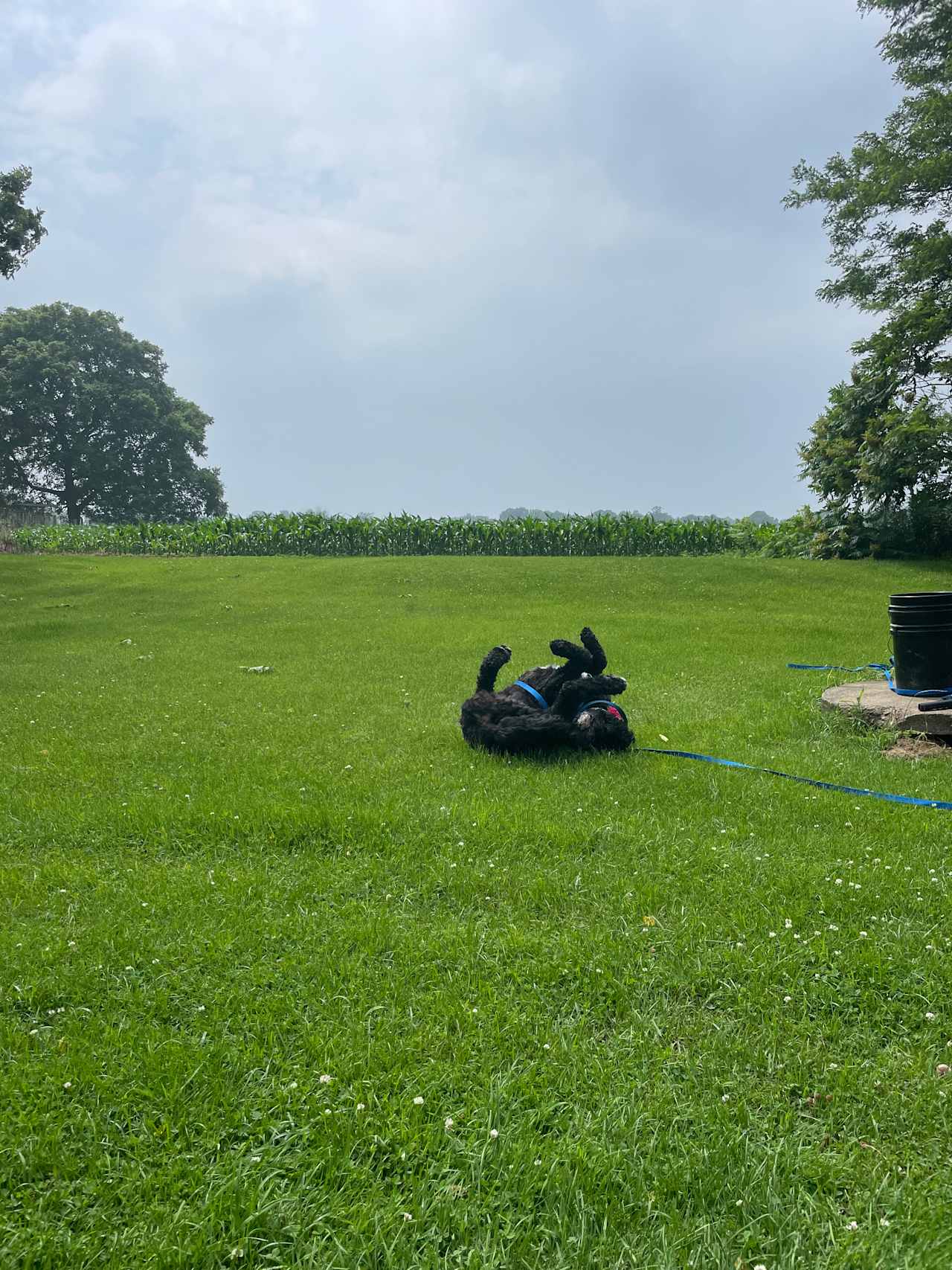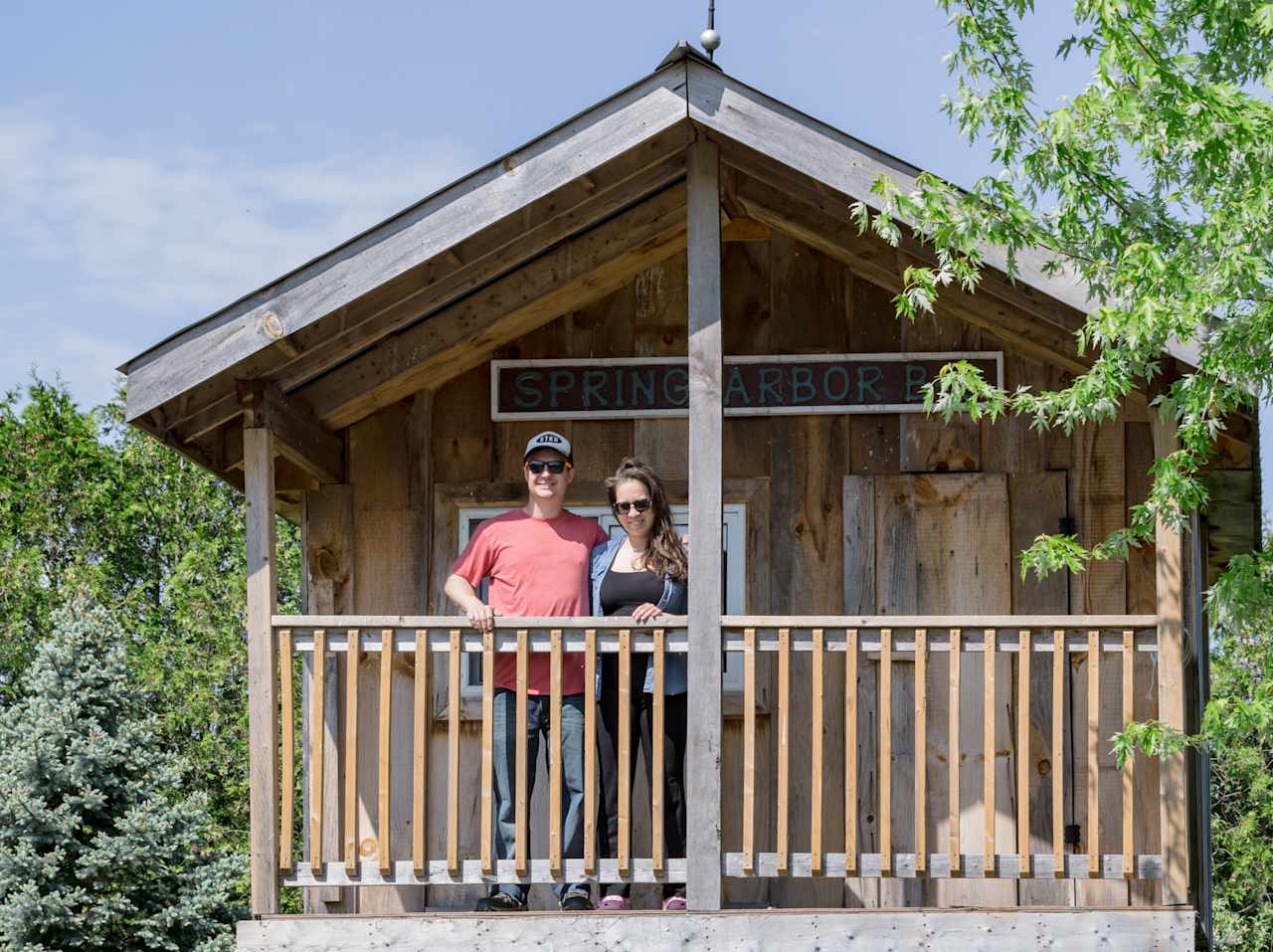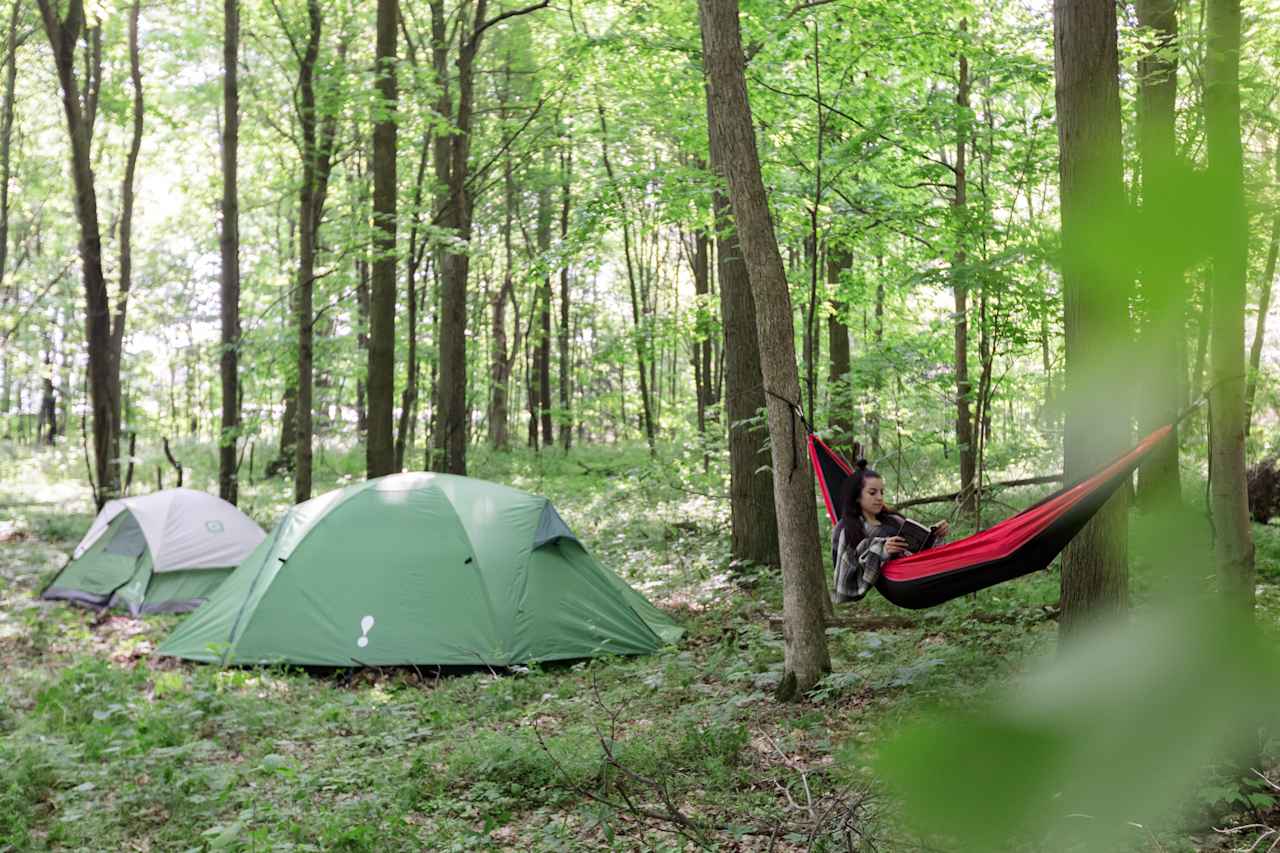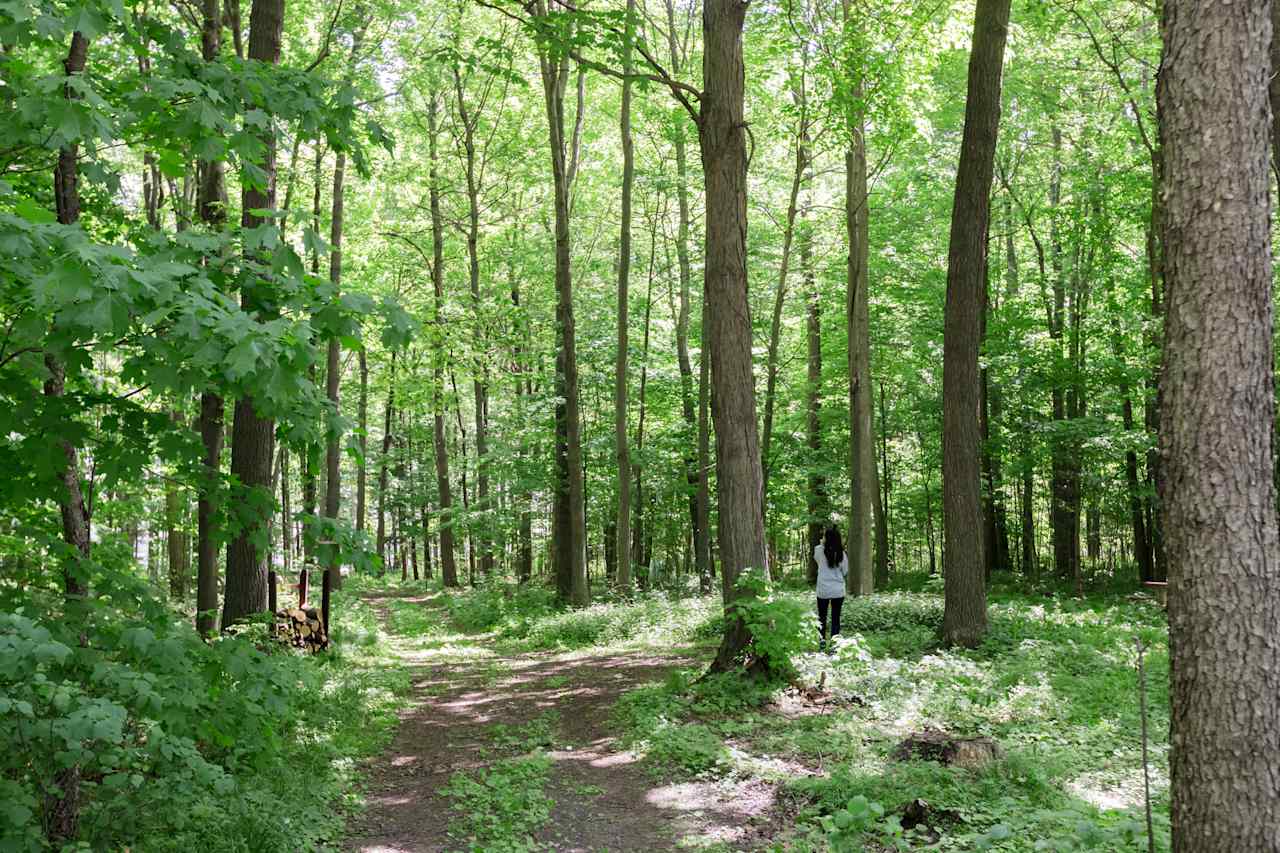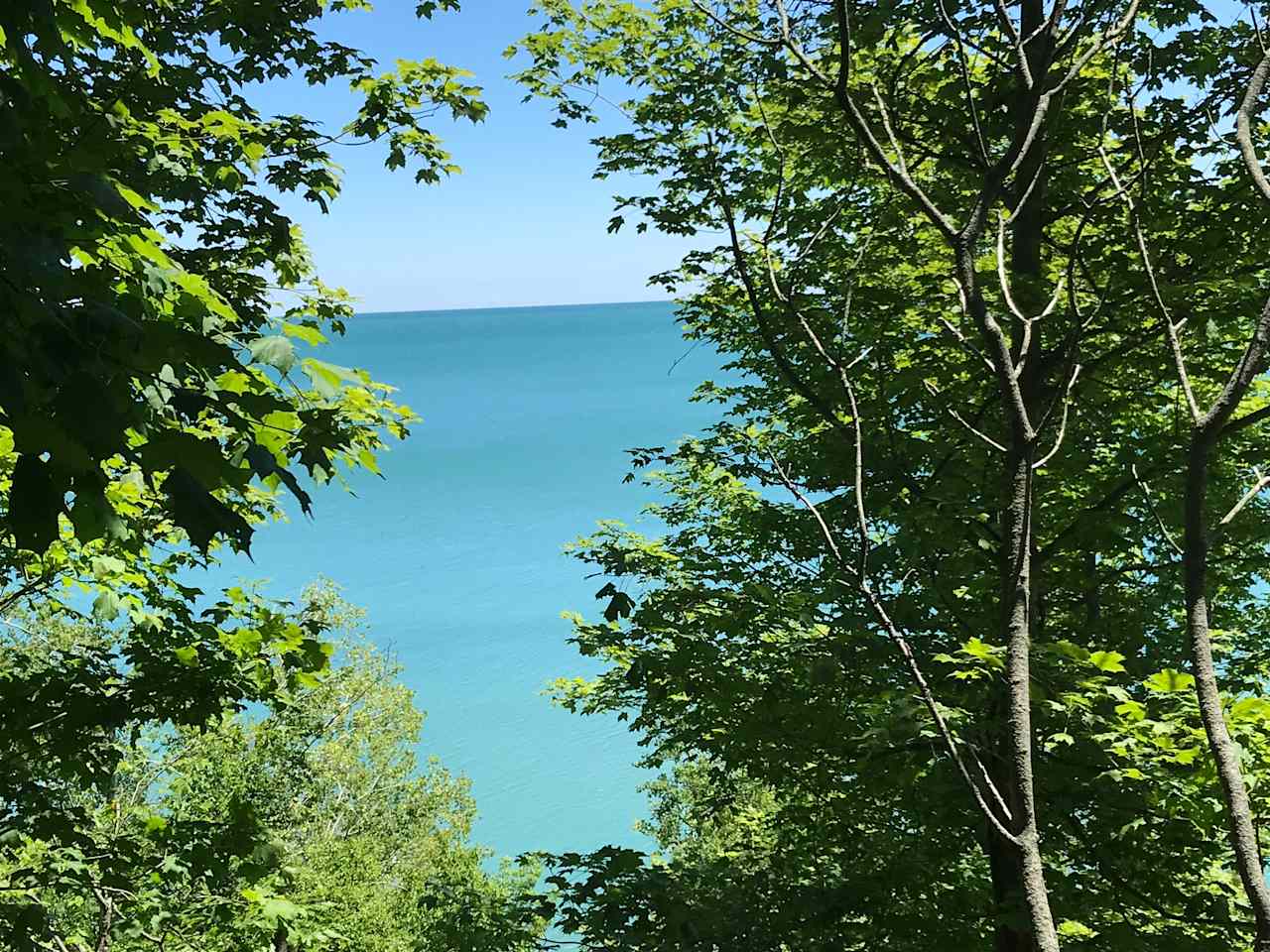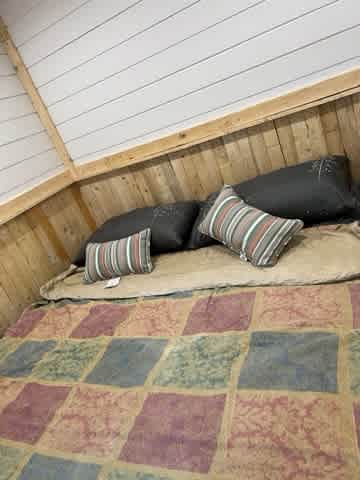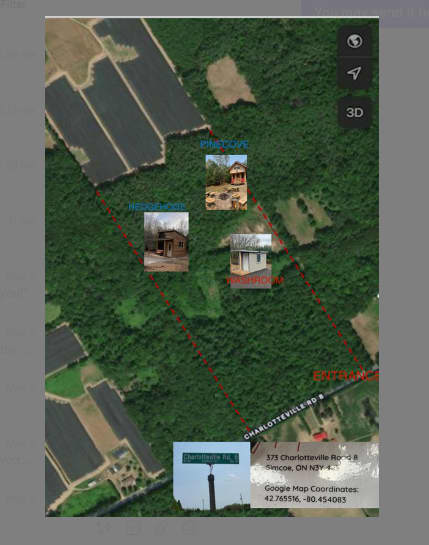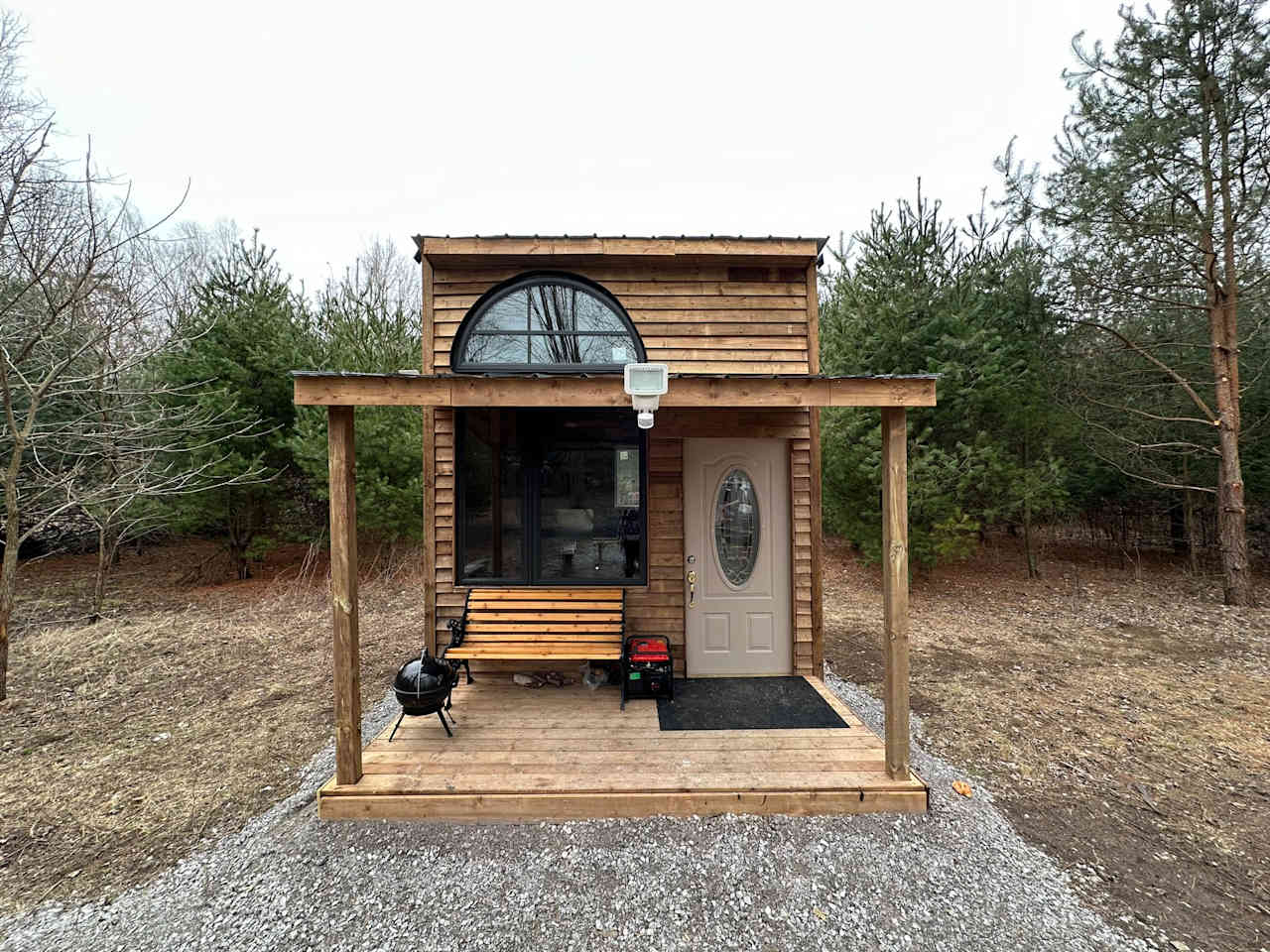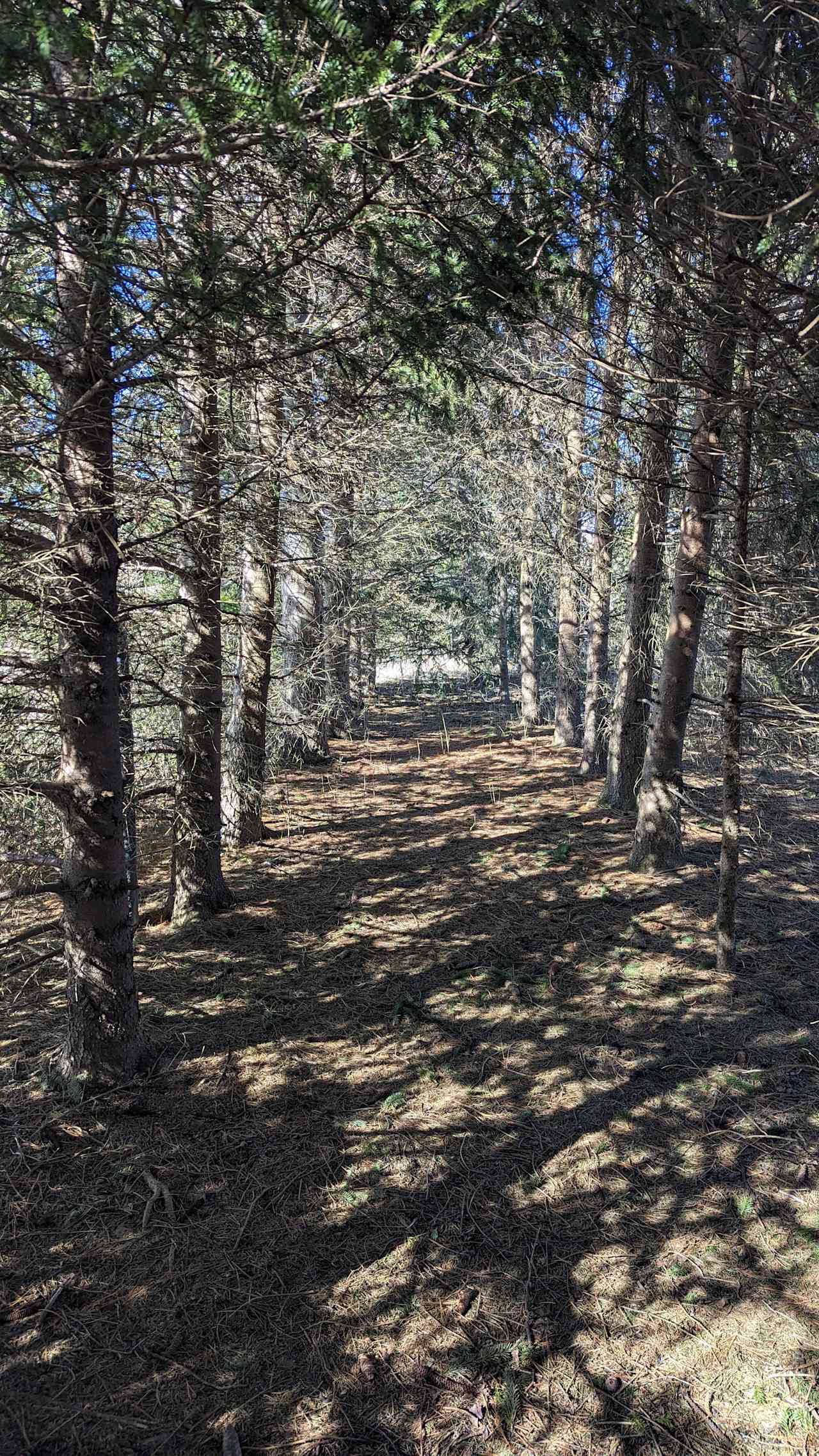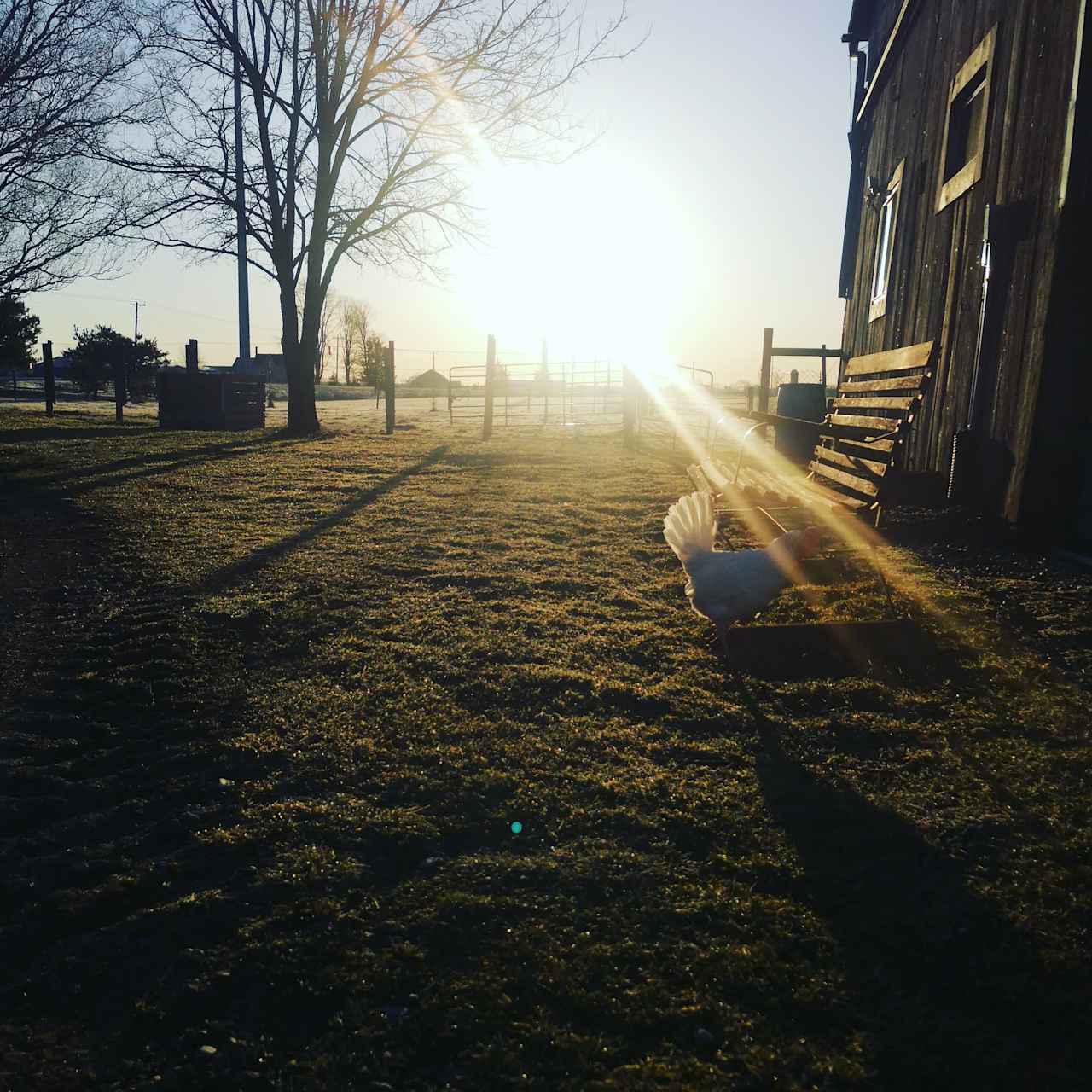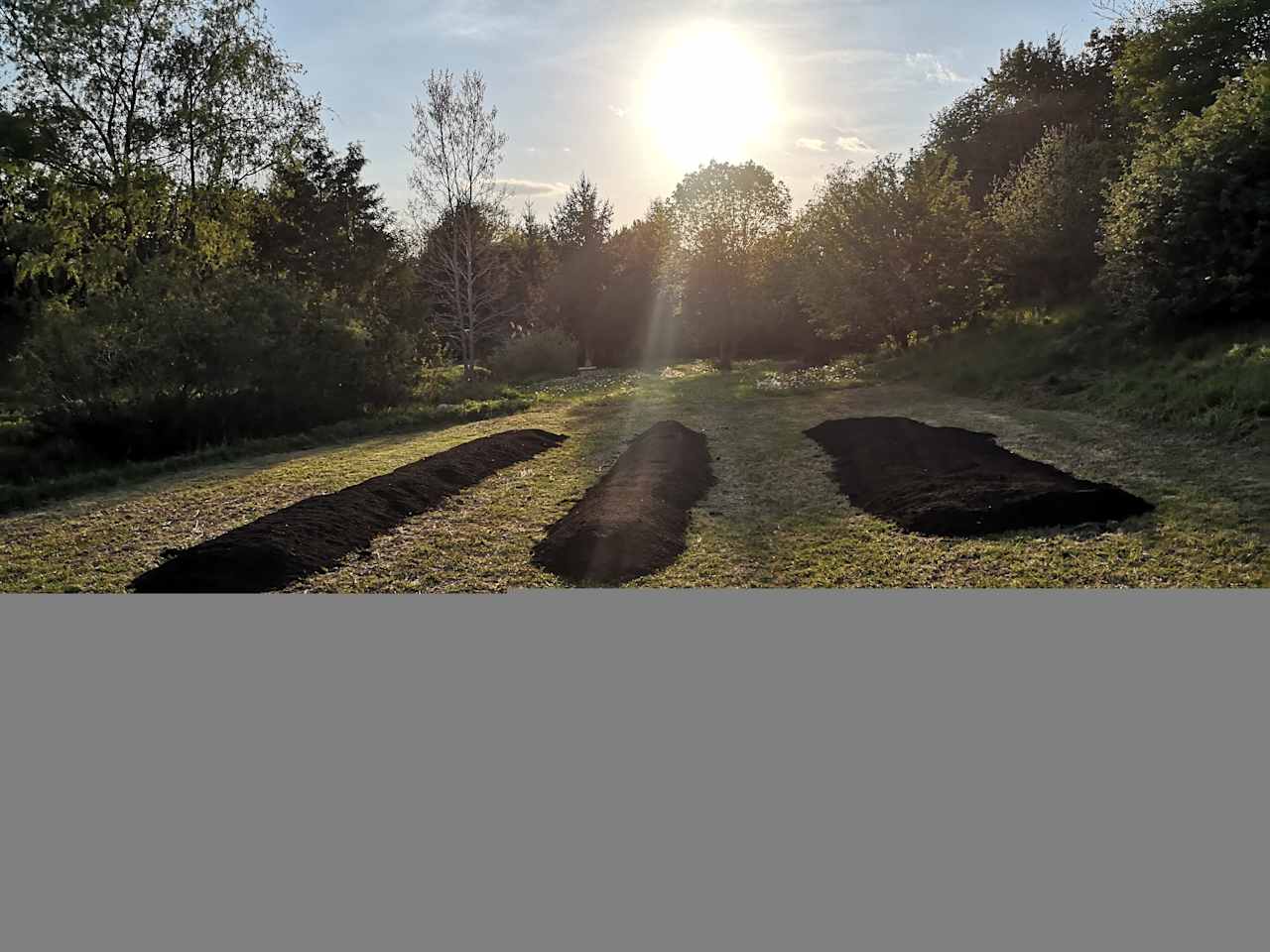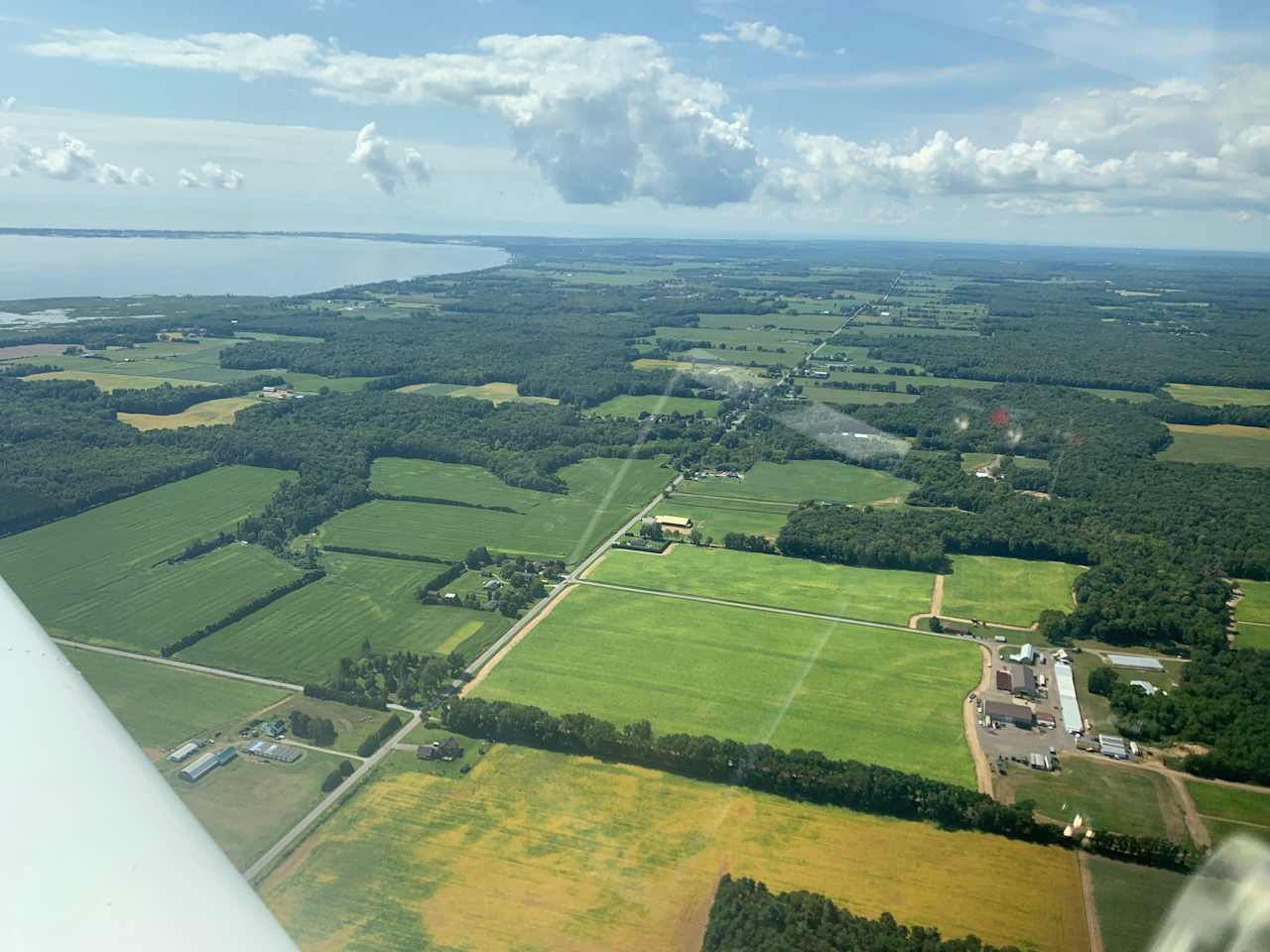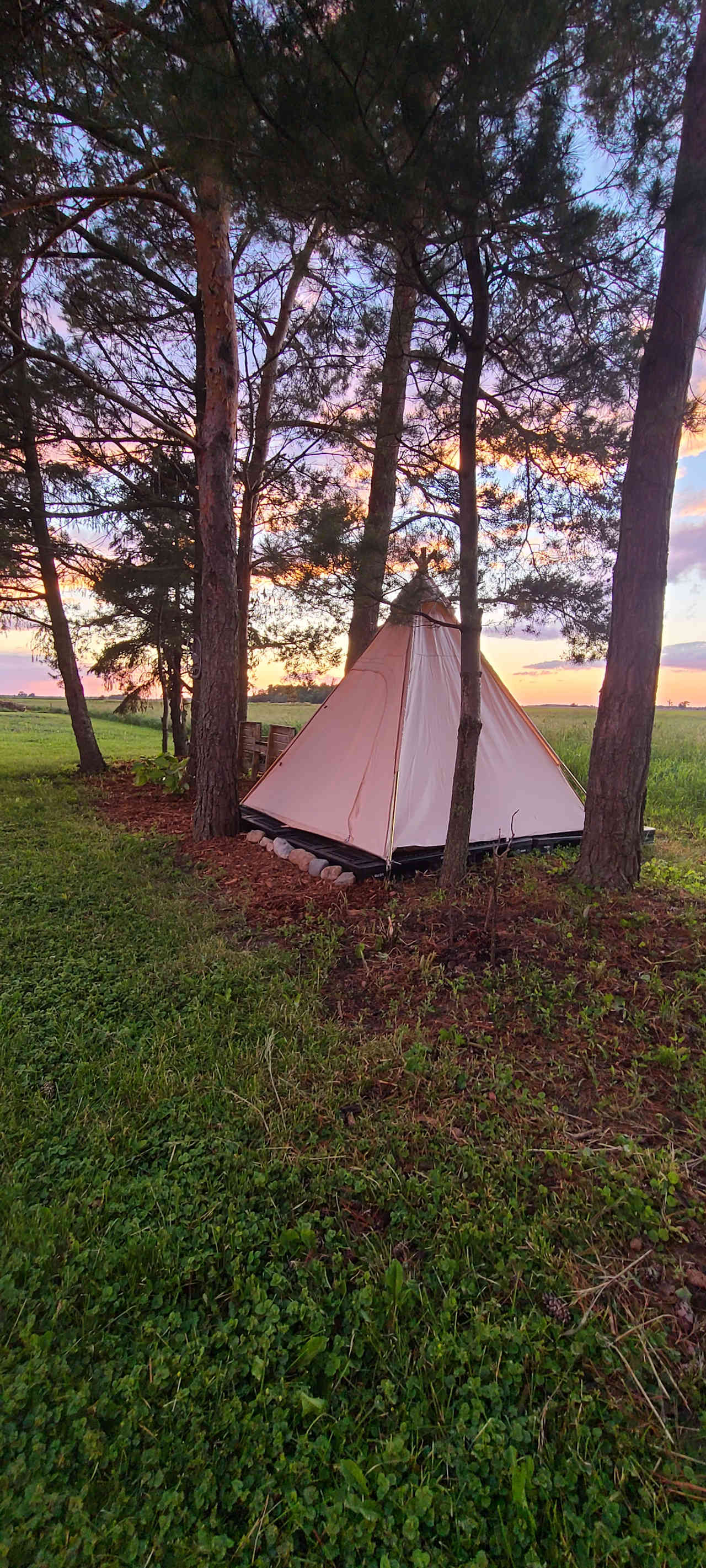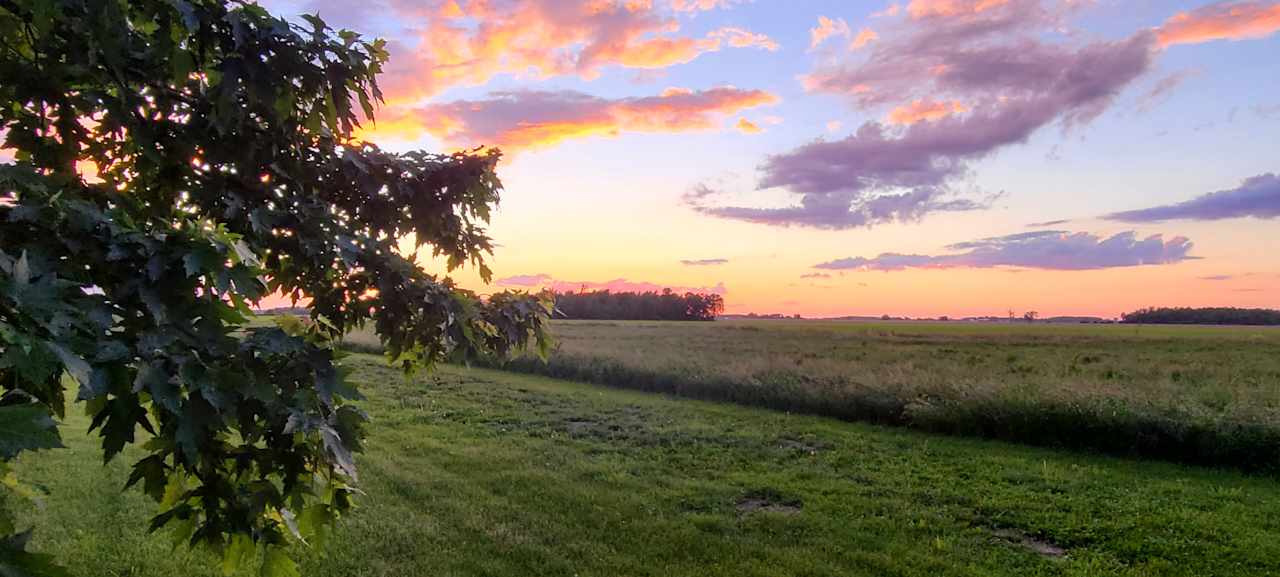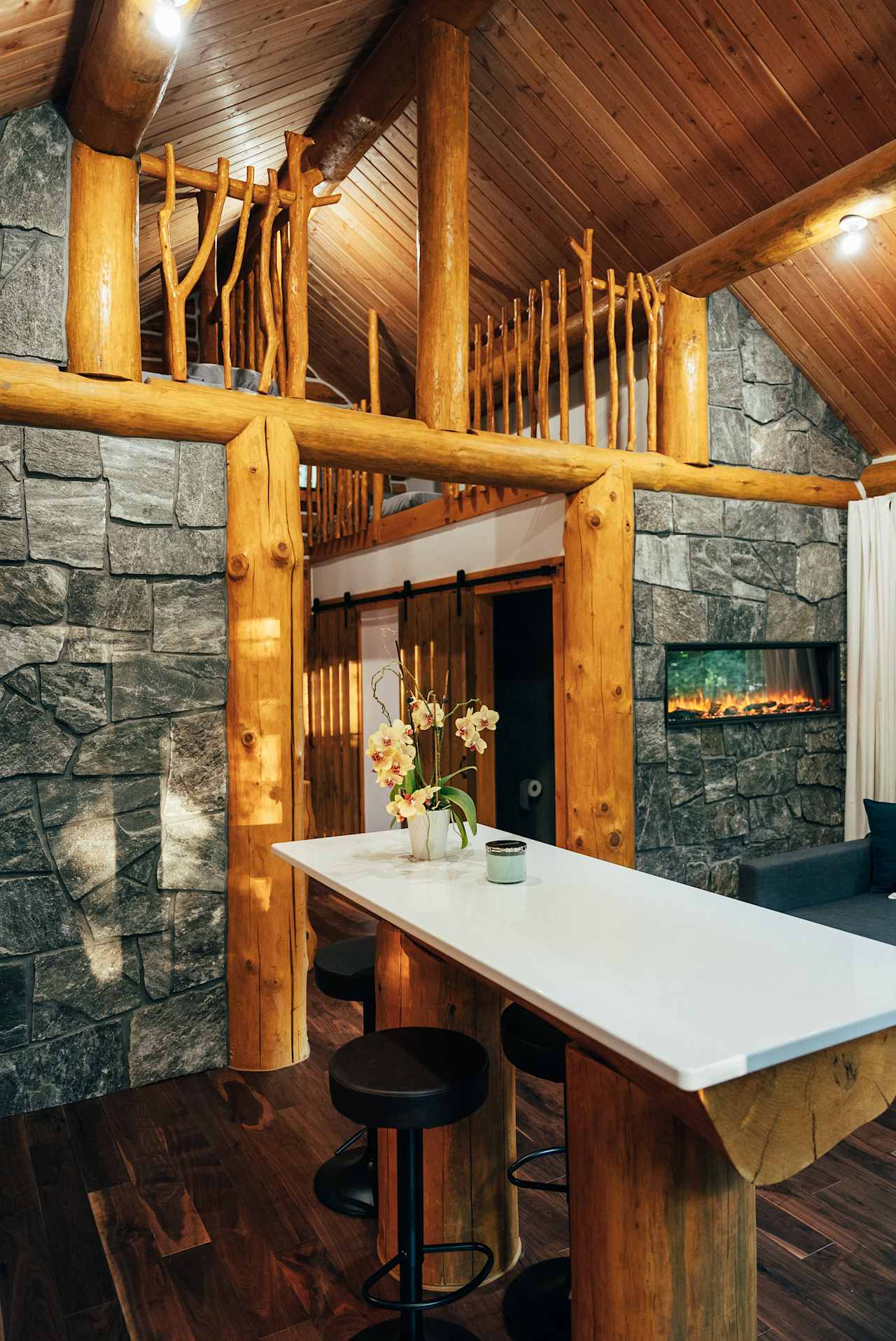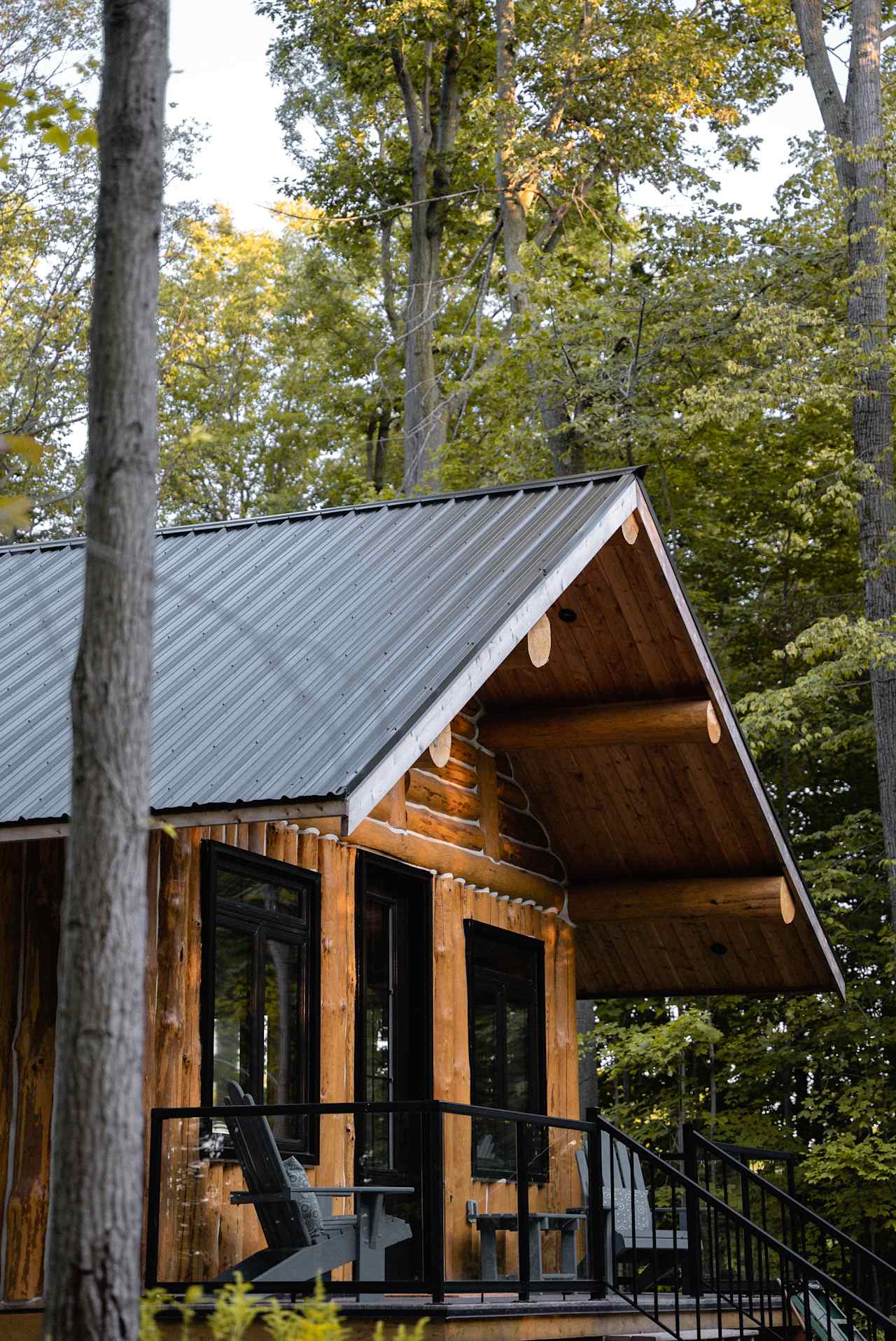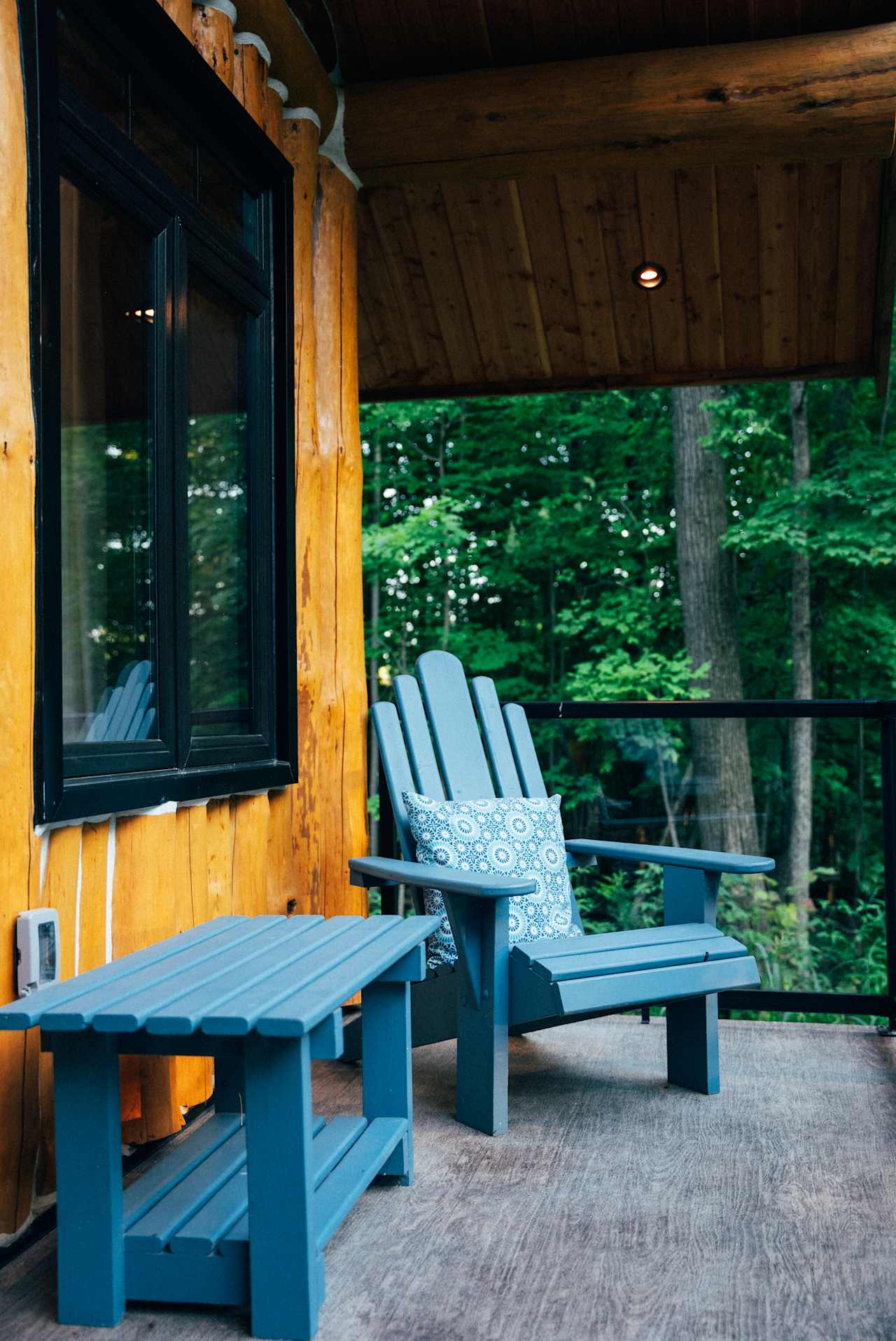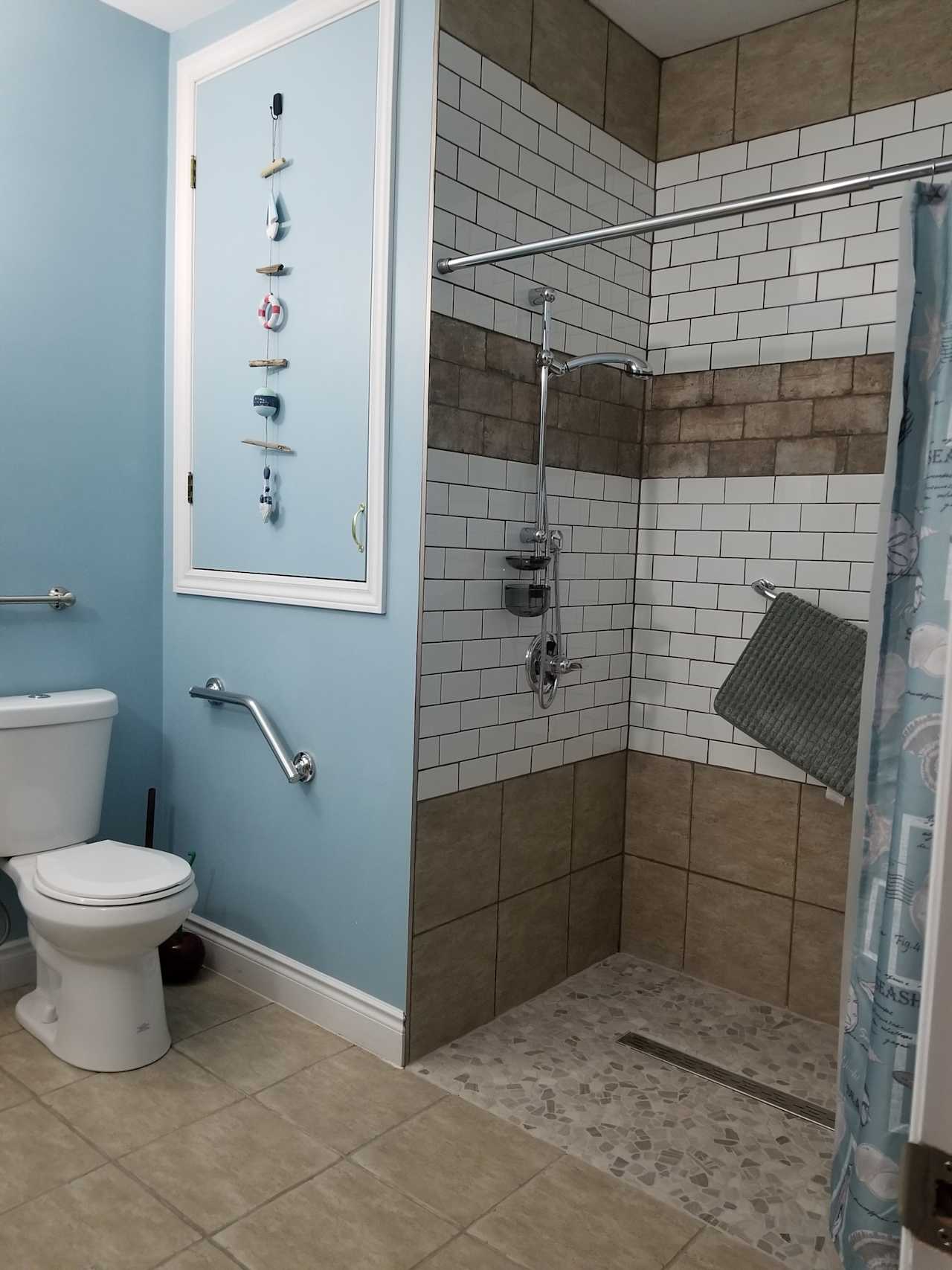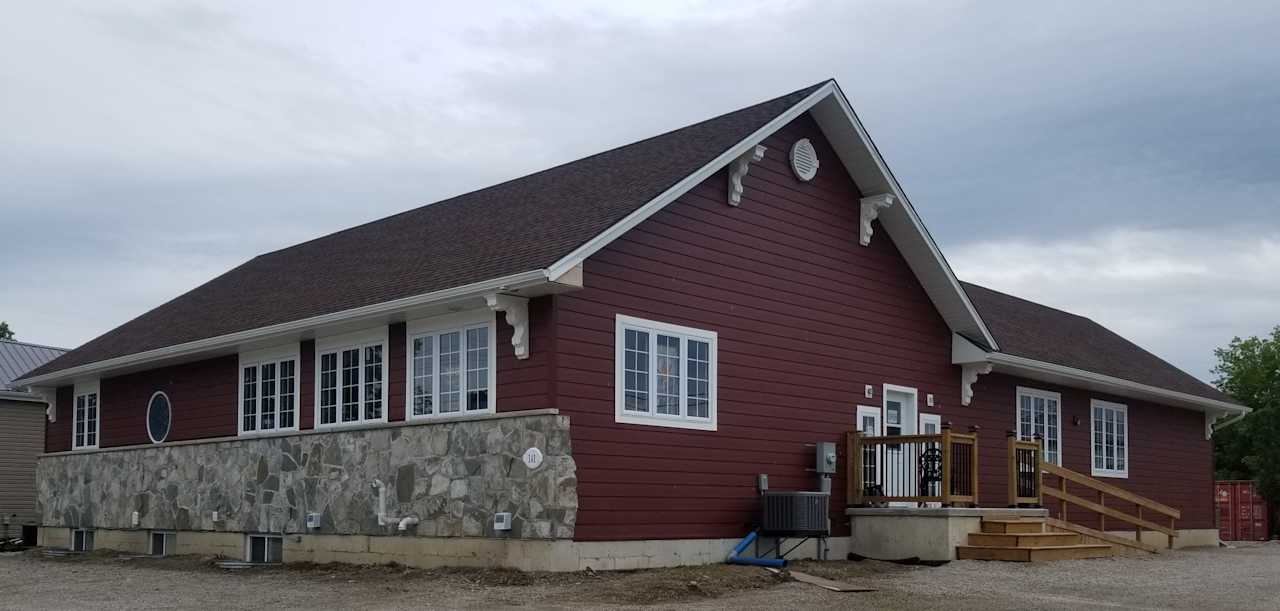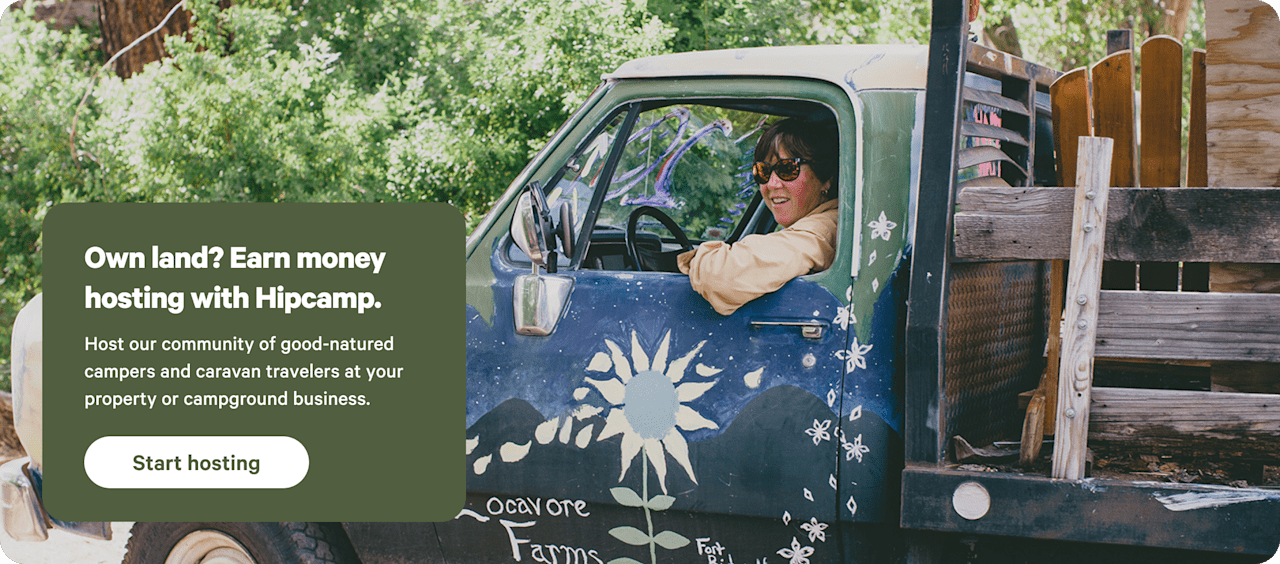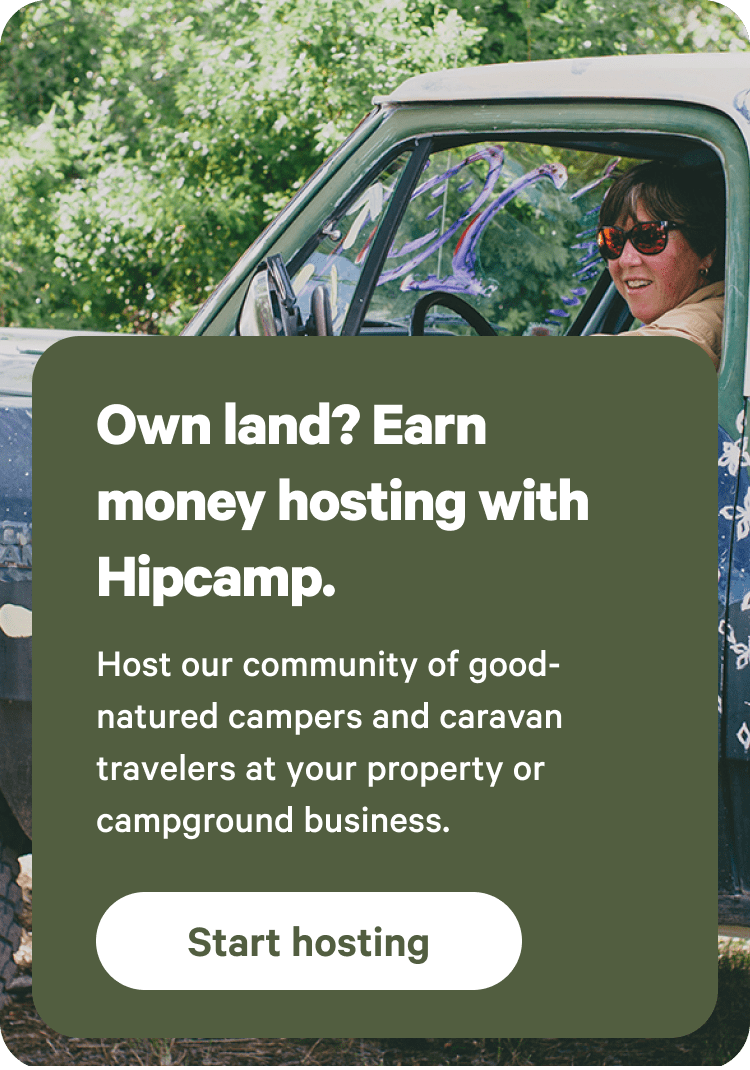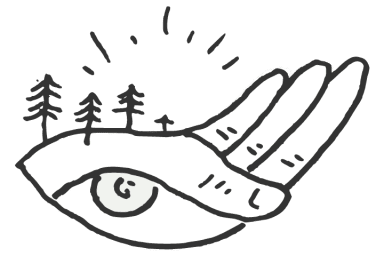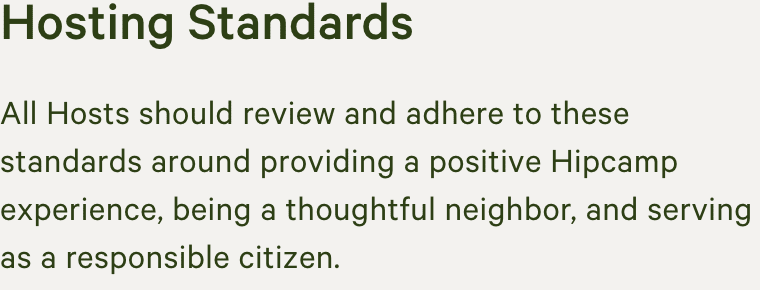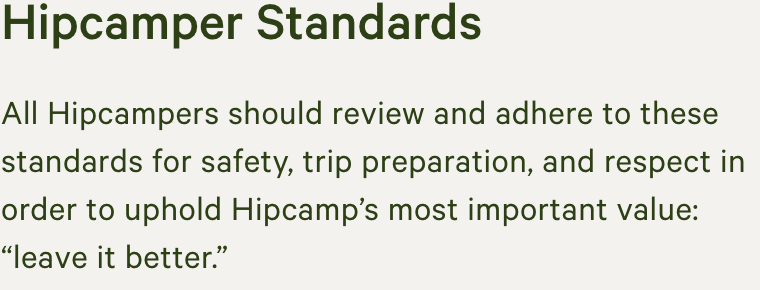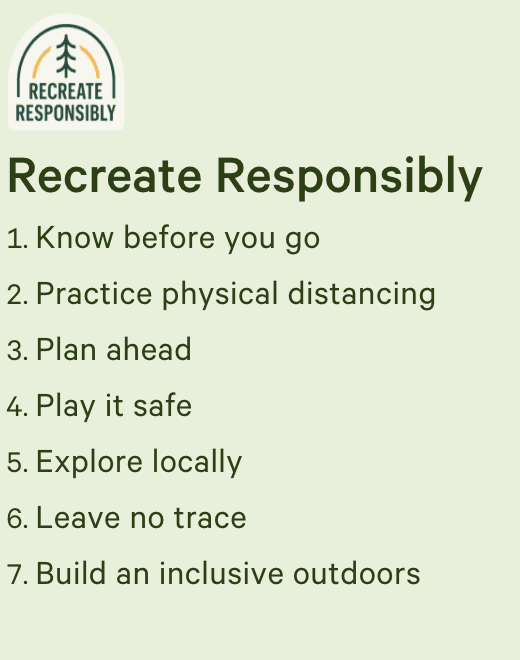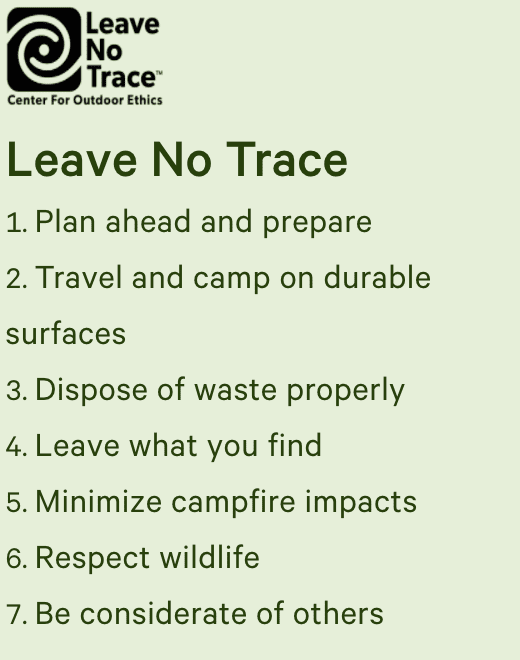Camping near Port Stanley with showers
Port Stanley charms lakefront campers with quiet escapes for the whole family.
Popular camping styles for Port Stanley
Dog-friendly getaways
Star Hosts in Port Stanley
12 top campgrounds near Port Stanley with showers
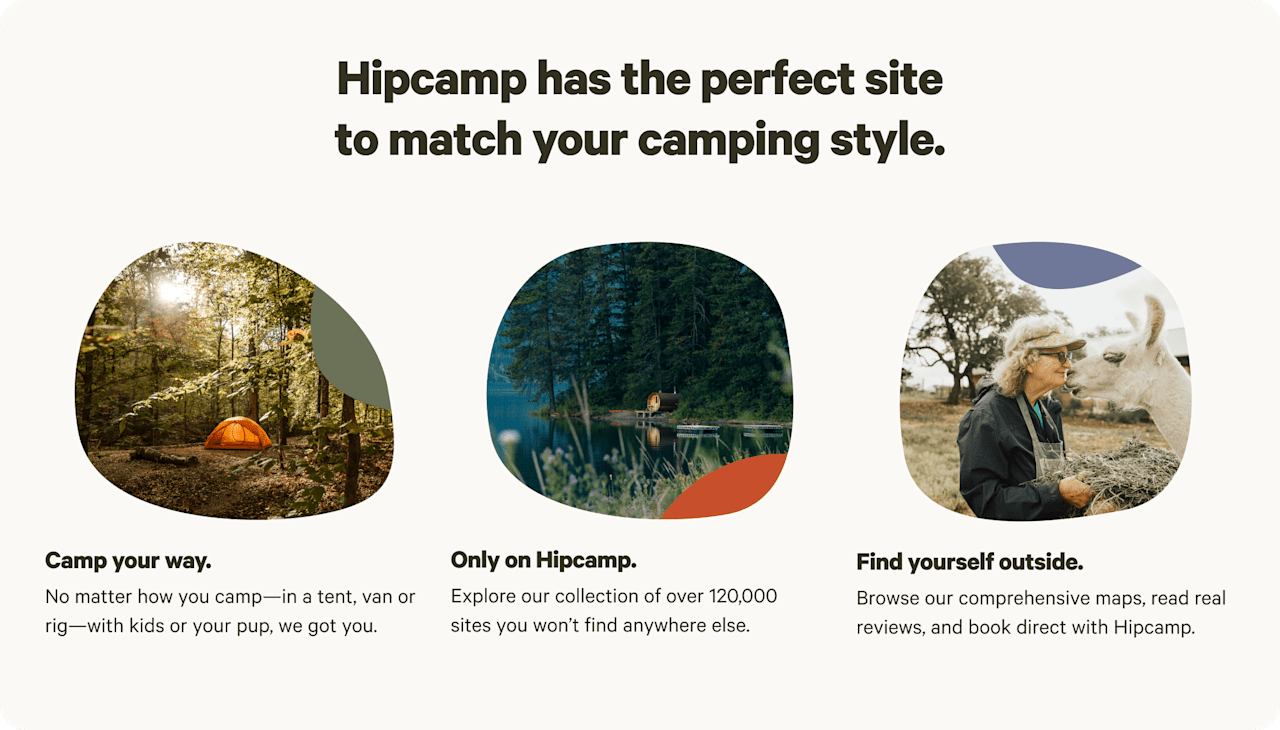

Camping near Port Stanley with showers guide
Overview
Welcome to Hipcamp, your go-to website for camping in Canada! If you're looking for campsites near Port Stanley, Ontario with showers, you're in luck. We have over 780 options available that cater to your specific preference. Whether you're a fan of The Heron Campground with 348 reviews, Private Camping on 137 Acres with 70 reviews, or Sawdust FarmCamp with 69 reviews, you'll find the perfect spot to pitch your tent. With popular amenities like campfires, showers, and rubbish services, and activities ranging from climbing and wildlife watching to paddling, you'll have everything you need for a memorable camping experience. The average price per night is $45, with options as low as $25. So what are you waiting for? Start planning your camping adventure today!



